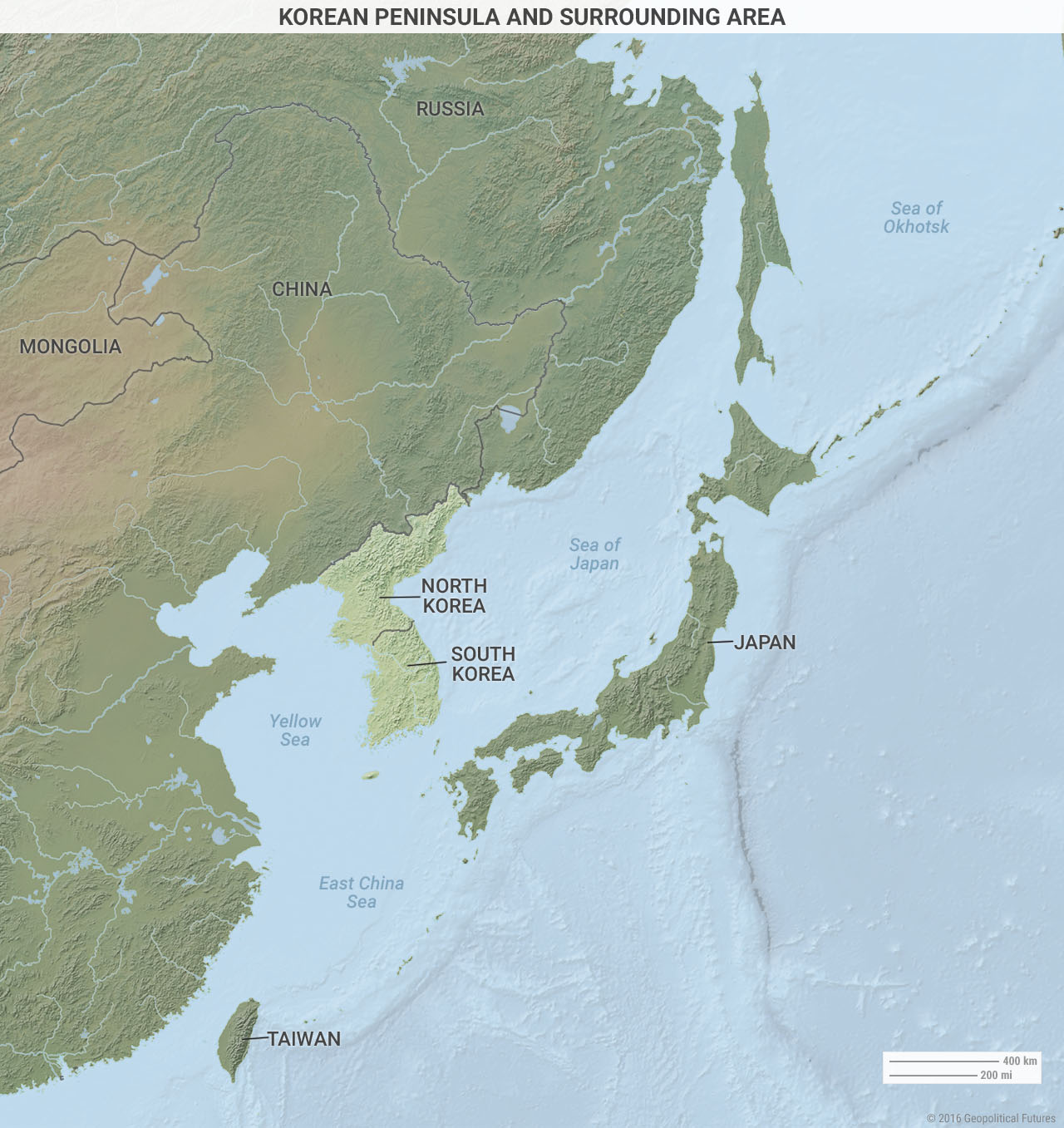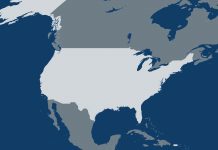By George Friedman
The director of North Korea’s International Department, Ri Su Yong, is in China and met with Chinese President Xi Jinping yesterday. It is said that Ri is close to North Korea’s ruling family, meaning that at the meeting he represented the views of Kim Jong Un and those around him. According to media reports, the North Koreans refused to reduce their emphasis on nuclear weapon development, as the Chinese asked of them.
Nevertheless, it was agreed that good relations between the two countries are essential. In effect, the Chinese accepted that North Korea could violate China’s wishes on nuclear weapons without harming bilateral relations.
China clearly sees real value in North Korea. It likely has nothing to do with ideology. Even with the increasing autocracy of Xi’s regime, China and North Korea have very different ideological perspectives.
North Korea is utterly centralized and has sacrificed economic development in order to maintain rigid control of all aspects of society. China takes a much less centralized approach, even under Xi. They are both considered communists, but they are very different regimes.
Amicable bilateral relations with North Korea are essential for China. One reason comes simply from geography. China is a difficult place to invade. To the south are hills and jungles, from Myanmar to Vietnam; to the southwest run the Himalayas. In the northwest, vast expanses of grasslands and desert separate China’s population from Central Asia, and to the north is Siberia. Attacking China poses fantastic problems of distance, terrain and logistics – not to mention population.
But one of the few places where China might be vulnerable is along the Yalu River, which creates the border between North Korea and China. During the Korean War, when U.S. forces moved close to the Yalu, the Chinese intervened, risking a nuclear counterstrike from the United States at a time when the communist world didn’t have a credible counter. Still, China could not risk American forces moving across the Yalu.
For China, the Korean Peninsula poses a substantial threat, particularly with U.S. troops deployed there. Therefore, North Korea is a critical buffer state for China. Its survival as an independent state – with a substantial military and hostile to the United States and South Korea – is important to protect China’s periphery.
From this perspective, China wants to preserve North Korea exactly as it is. So regardless of how strange and unpredictable North Korea is, the Chinese will do what they can to prevent Korean unification and maintain the current character of the regime.
The possibility of a U.S.-South Korean invasion northward is remote, to say the least. But from the Chinese point of view, the consequences of miscalculation are high. Maintaining the status quo makes sense.
There is, however, a more immediate value in maintaining relations with the North Koreans. North Korea deflects the United States’ attention and increases U.S. dependence on China. The U.S. has a fixation with nuclear programs, especially programs developed by unpredictable countries like North Korea.
The North Koreans periodically explode a test device, sink a South Korean ship or engage in some other apparently irrational behavior. This triggers a crisis with the United States.
Having no diplomatic leverage in North Korea, the Americans approach the Chinese to intercede with the North Koreans. North Korea desists. The United States must be grateful to China. Therefore, the U.S. must put aside some bilateral issues with the Chinese for the time being, given China’s willingness to use its influence in North Korea to avoid a crisis.
North Korea is perceived as an uncontrollable threat. China is perceived as the only agent that can control North Korea. The United States wants to avoid exacerbating a crisis. China solves the problem.
In this way, North Korea is an important tool for China in managing its relations with the United States. Managing Pyongyang is the one thing the Chinese can do for the Americans that they really care about, and it costs China very little. From China’s point of view, North Korea’s escapades give China leverage with the United States.
To proceed along these lines into the land of pure speculation, it would make sense for China to order up an outrageous action at particular moments. Whether they do or whether they just take advantage of North Korean moments – or whether the entire process is less conscious – is an interesting subject. But it is clear that the dynamic is there. From China’s perspective, North Korea is not an unpredictable danger. It is a diplomatic asset.








 The Geopolitics of the American President
The Geopolitics of the American President